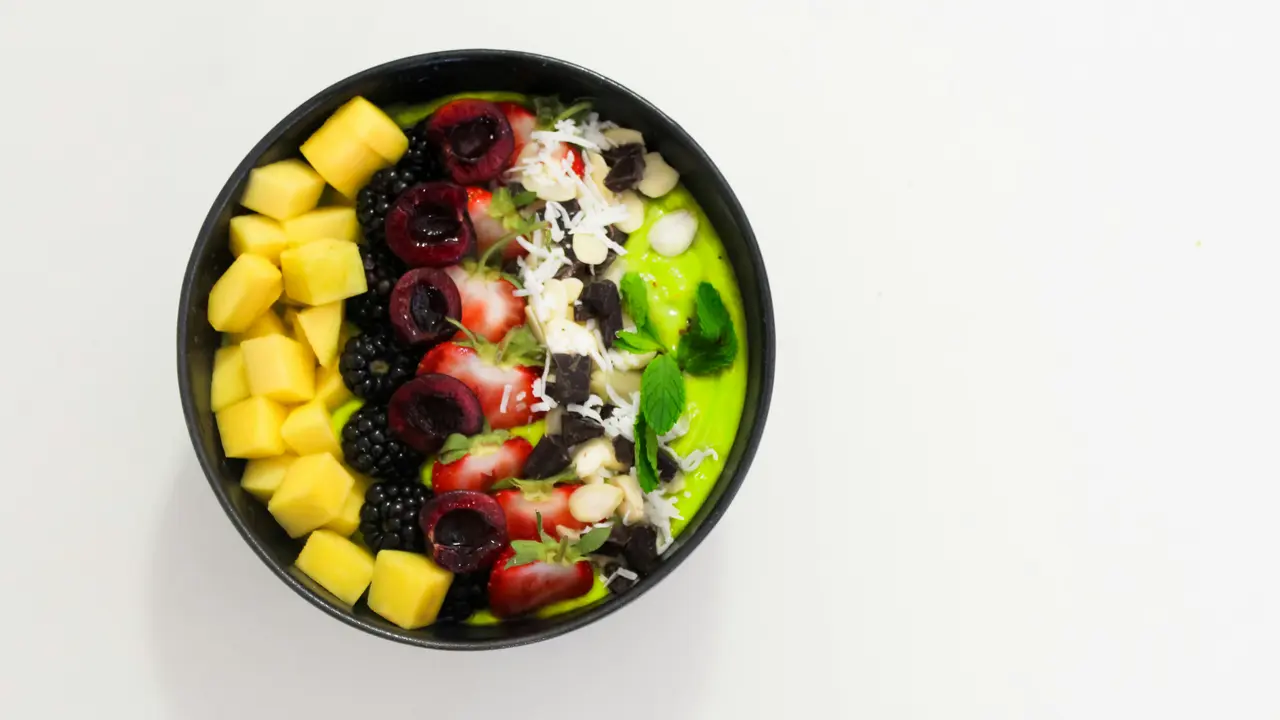Have you ever wondered, “how much sugar does Gatorade contain?” If you’re an athlete, a fitness enthusiast, or simply someone who enjoys a refreshing drink after exercise, understanding the sugar content in your favorite beverages is crucial. In this article, we’ll explore the sugar levels in Gatorade, what that means for your health, and whether it’s the right choice for your hydration needs.
Understanding Gatorade: How Much Sugar Does It Contain?
The Basics of Gatorade’s Composition
Gatorade is designed to replenish electrolytes and carbohydrates lost during intense physical activity. One of the main components of this popular sports drink is sugar. So, how much sugar does Gatorade contain? A standard 12-ounce bottle of Gatorade contains approximately 21 grams of sugar. This translates to about 5 teaspoons, which can be significant depending on your dietary goals.
The Role of Sugar in Gatorade
Why Does Gatorade Contain Sugar?
The inclusion of sugar in Gatorade serves several important functions:
- Energy Source: Sugar provides a quick source of energy, essential for athletes during prolonged activities.
- Flavor Enhancement: Sugar makes Gatorade taste better, encouraging hydration during sports or workouts.
- Electrolyte Balance: The combination of sugar and electrolytes helps maintain fluid balance in the body.
Comparing Sugar Content with Other Sports Drinks
When considering “how much sugar does Gatorade contain,” it’s valuable to compare it with other popular sports drinks:
- PEDIALYTE: About 8 grams of sugar per 12 ounces.
- Powerade: Roughly 21 grams of sugar per 12 ounces, similar to Gatorade.
- BodyArmor: Approximately 18 grams of sugar per 12 ounces, but also includes natural flavors and coconut water.
The Health Implications of Sugar in Gatorade
Understanding Daily Sugar Intake Recommendations
The American Heart Association recommends limiting added sugars to no more than 6 teaspoons (25 grams) for women and 9 teaspoons (36 grams) for men per day. With 5 teaspoons of sugar per 12-ounce bottle, Gatorade can quickly put you near these limits, especially if consumed regularly.
Potential Downsides of High Sugar Consumption
Excessive sugar intake from drinks like Gatorade can lead to several health issues:
- Weight Gain: Consuming high-sugar drinks can contribute to increased caloric intake, leading to weight gain.
- Dental Issues: Sugary beverages can increase the risk of cavities and other dental problems.
- Blood Sugar Spikes: High sugar consumption can cause rapid spikes in blood sugar levels, leading to energy crashes.
Alternatives to Gatorade
Low-Sugar and Natural Options
If you’re concerned about the sugar content, consider these alternatives:
- Water with Electrolytes: Look for electrolyte tablets that dissolve in water.
- Coconut Water: A natural source of electrolytes with less sugar compared to traditional sports drinks.
- Homemade Sports Drinks: Mix water, a pinch of salt, and a small amount of fruit juice for flavor.
When is it Appropriate to Drink Gatorade?
While Gatorade can be high in sugar, it is beneficial for:
- Intense Workouts: Long-duration or high-intensity workouts where you’re sweating significantly.
- Post-Game Recovery: Replenishing lost electrolytes and energy after a competitive event.
- Illness Recovery: Rehydration after illness can often necessitate electrolyte-rich drinks.
Final Thoughts on Gatorade’s Sugar Content
Is Gatorade Right for You?
Understanding “how much sugar does Gatorade contain” is essential for making informed choices about your hydration. While it’s a great option for athletes needing quick energy, its high sugar content may not be suitable for everyone. Always assess your personal health goals and hydration needs when deciding whether to include Gatorade in your routine.
In summary, Gatorade contains about 21 grams (5 teaspoons) of sugar per 12-ounce serving, which can impact your overall sugar intake. Be mindful of your choices and consider healthier alternatives when appropriate. If you found this information helpful, feel free to share this article or check out our other articles on health and hydration!
Sugar – Recent Articles
- How Many Teaspoons of Sugar in Pop? The Sweet Truth Revealed!
- Is Sugar a Compound or a Mixture? Discover the Sweet Truth!
- Does Gabapentin Increase Blood Sugar? Find Out Now!
- Does Wine Have Sugar in It? Uncover the Sweet Truth!
- How Much Sugar in Hot Chocolate? The Sweet Truth Revealed!
Sugar – Useful Links
- DC – Get the Facts: Added Sugars
- American Heart Association – Added Sugars
- Harvard T.H. Chan – Added Sugar in the Diet
- MedlinePlus – Sweeteners – sugars
- NIDDK – Healthy Living with Diabetes
